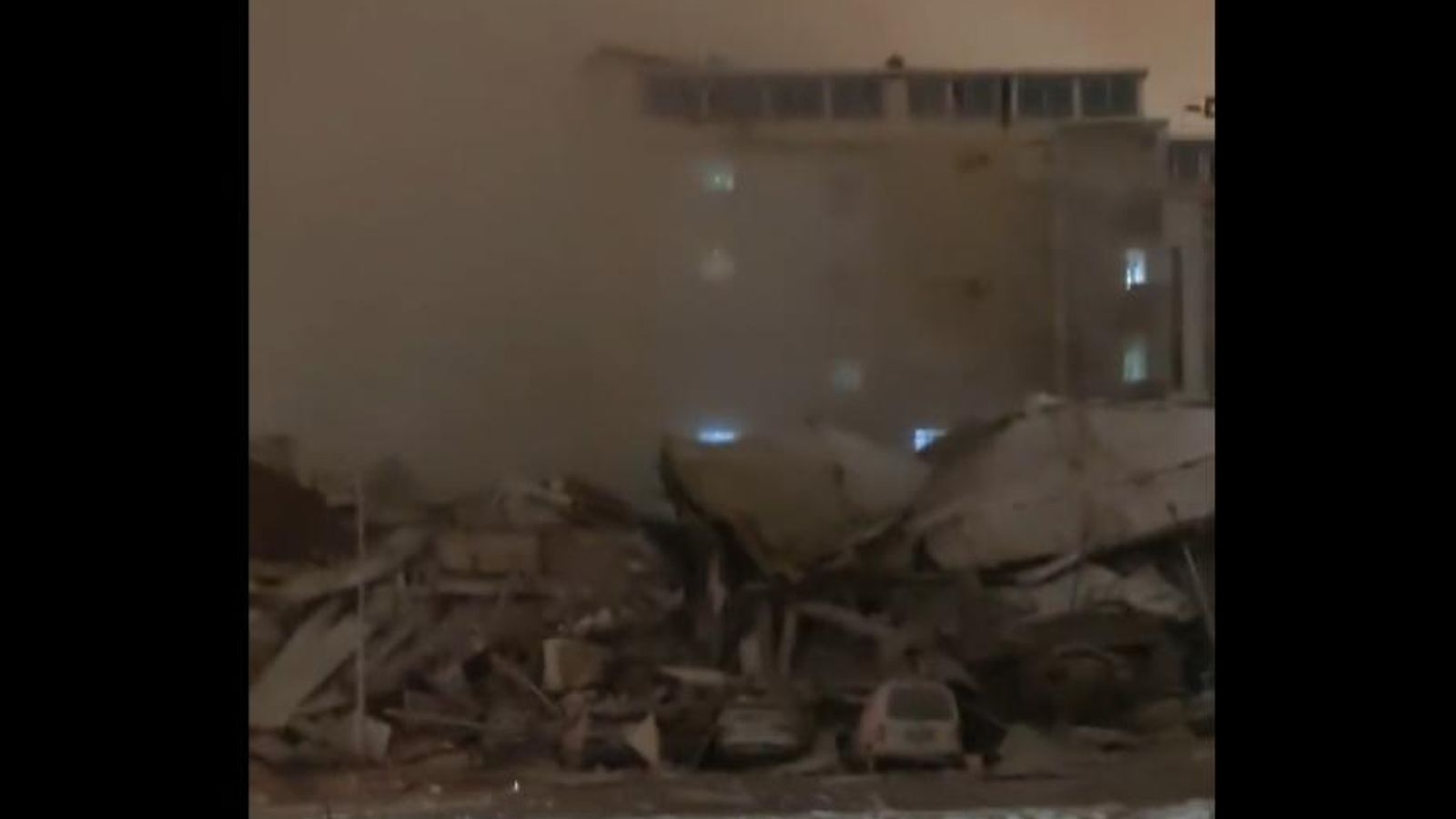Beijing is rushing to contain a COVID-19 outbreak traced to a 24-hour bar known for its cheap alcohol and large crowds – with millions facing mandatory testing and thousands under targeted lockdowns.
The outbreak of nearly 200 cases was linked to the city centre Heaven Supermarket Bar – which had just reopened as curbs in China’s capital eased last week.
It highlights how much of a challenge it will be for China to make a success of its “zero COVID” policy as most countries have decided to learn how to live with the virus.
The re-emergence of COVID-19 infections also raises fresh concerns about the outlook for the world’s second-largest economy.
It also comes as Shanghai – China’s most populous city – has just emerged from a two-month lockdown in a bid to contain the virus.
In Beijing, dine-in service at restaurants resumed last week after more than a month of enforced coronavirus measures on the city of 22 million people.
Heaven Supermarket Bar was one of the venues that swiftly reclaimed its popularity among young, noisy crowds following the strict measures.
The bar, where customers check aisles to grab anything from local heavy spirits to Belgian beer, is renowned for its tables covered with empty bottles, and people falling asleep on sofas after midnight.
With the almost 200 COVID cases linked to the bar since 9 June, authorities described the outbreak as “ferocious” and
“explosive”.
One resident, Cao, who runs a convenience store in Beijing’s largest district Chaoyang, where the bar cluster was discovered, said: “We have to test every day now. It’s a bit of a hassle, but it’s necessary.”
“The virus situation has hurt our business a bit, it’s down about 20 to 30%.”
Many venues were closed during Beijing’s lockdown, including malls and gyms, and parts of the city’s public transport system were suspended, with millions urged to work from home.
Following the bar outbreak in Chaoyang, authorities kicked off a three-day mass testing campaign among its roughly 3.5 million residents on Monday.
Around 10,000 close contacts of the bar’s patrons have been identified, and their residential buildings put under lockdown.
Some planned school reopenings in the district have been postponed due to the outbreak.
Testing sites in the city saw long queues for more than 100 metres, according to eyewitnesses.
Several residential compounds have been barricaded with large metal barriers, with people in hazmat suits spraying disinfectant nearby.
State-backed Beijing Evening News wrote in a commentary piece that the bar cluster was caused by loopholes and complacency in epidemic prevention.
“At a time when… normality in the city is being restored, the fall of Heaven Supermarket Bar means the hardship and effort of countless people have been in vain,” the newspaper wrote.
If the outbreak grows, “consequences could be serious, and would be such that nobody would want to see”, it added.
As Beijing authorities tackled new COVID cases in April, retail sales in the capital fell by 16% year-on-year, while property sales nosedived 25%.
Data for May, due later this month, is expected to be dire as well. Before the bar cases, there had been high hopes for a rebound in June.




